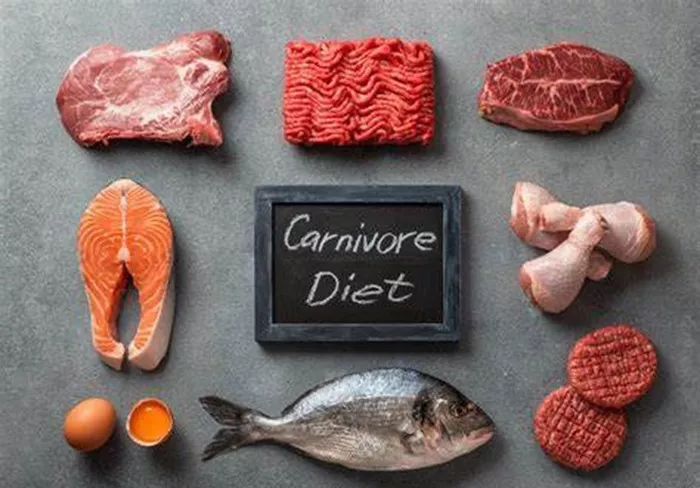Artificial sweeteners have become common in many foods as a way to reduce sugar content while maintaining sweetness. However, recent studies suggest that these non-nutritive sweeteners might not be as healthy or safe as once thought. So, what is the best option if we want to enjoy sweet foods without the risks of sugar?
Originally, artificial sweeteners were created to trigger our sweet taste sensors, similar to sugar. They send signals to the body that it has consumed a high-carb food, prompting energy breakdown. Sugar also stimulates the brain’s reward system, leading to sugar cravings and overconsumption, which can cause health issues like obesity and diabetes.
Interestingly, when artificial sweeteners are used instead of sugar, research shows they can also cause metabolic imbalances, despite not triggering the brain’s reward system. One study found that consuming sucralose, a common sweetener, led to increased hunger within two hours. Blood flow to the hypothalamus, the area of the brain that controls appetite, increased after consuming sucralose, suggesting it could make us feel hungrier.
Further studies indicate that artificial sweeteners may also affect the appetite hormone, leptin, potentially increasing our hunger threshold. This means we may need to eat more to feel full, leading to overeating and increased calorie intake.
A large study over 20 years showed a connection between sweetener consumption and increased body fat. People who regularly consumed large amounts of artificial sweeteners (equivalent to 3–4 cans of diet soda daily) were 70% more likely to be obese compared to those who consumed little to no artificial sweeteners. This link was observed even when accounting for total calorie intake.
Recent research also found that daily consumption of artificially sweetened drinks was associated with a higher risk of type 2 diabetes. However, these drinks contain multiple additives, making it unclear if the sweeteners alone are to blame.
Should we avoid sweeteners entirely? Not necessarily. Some studies have shown that substituting sugar with artificial sweeteners can reduce body weight and fat. Other studies suggest no link between artificial sweeteners and the development of diabetes, though many of these studies were short-term (less than a year) and focused on comparing sweeteners with sugar.
In response to growing concerns, the UK’s Scientific Advisory Committee on Nutrition (SACN) released a statement advising that non-sugar sweeteners be minimized, particularly for children. They also emphasized that overall sugar intake should be reduced.
While artificial sweeteners may have negative health effects, they are still considered less harmful than sugar. However, the research on sweeteners is still developing, and more studies are needed to fully understand their impact. Until then, the best advice is moderation.
The SACN recommends clearer labeling of artificial sweeteners in food and drinks, which could help consumers make better choices in the future.
Related Topics































